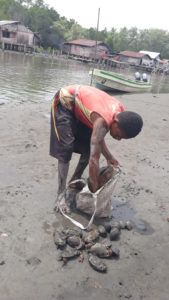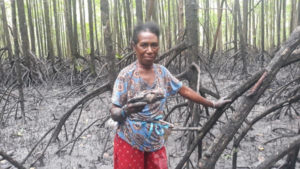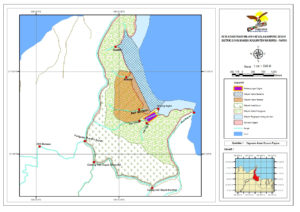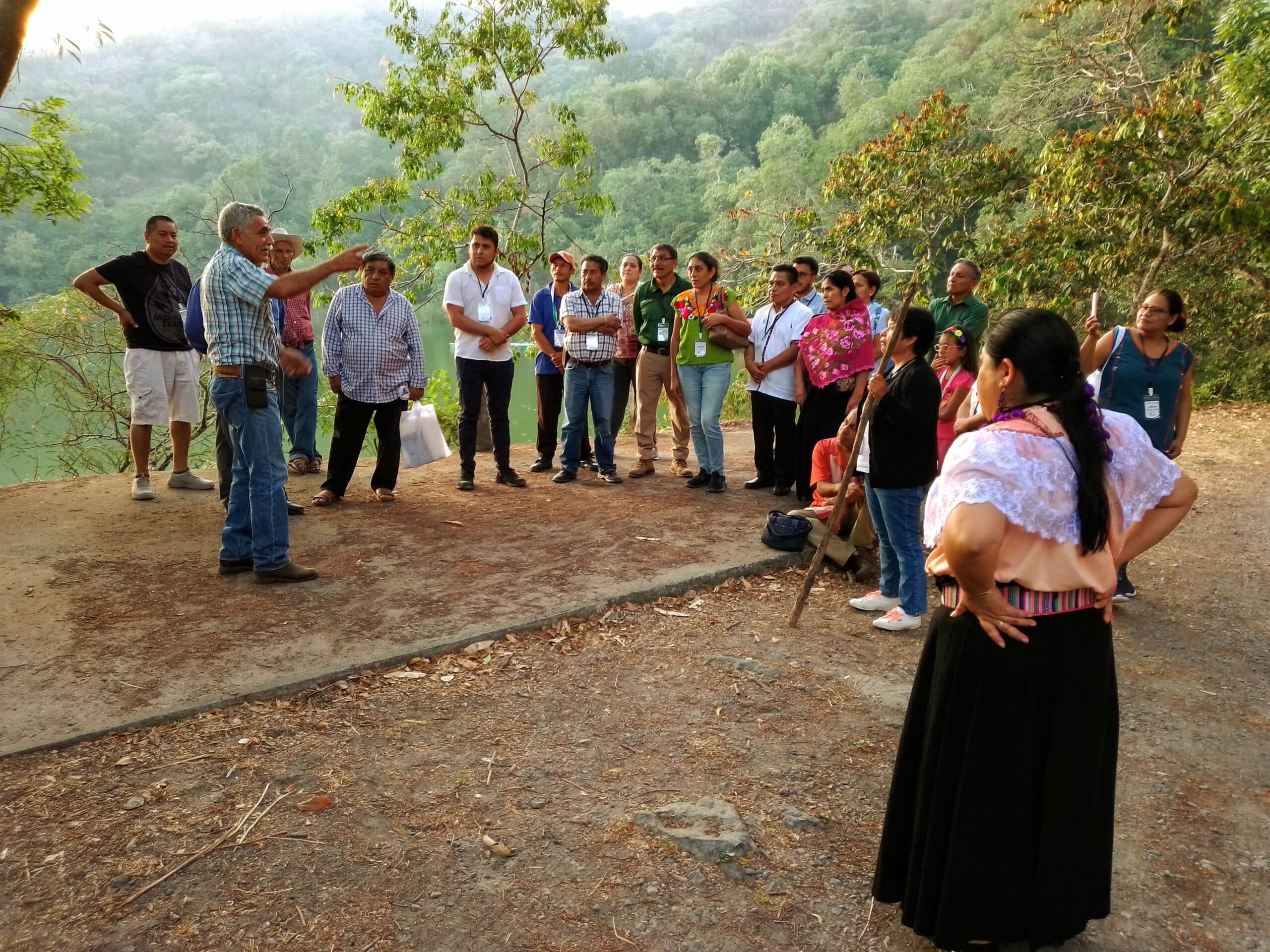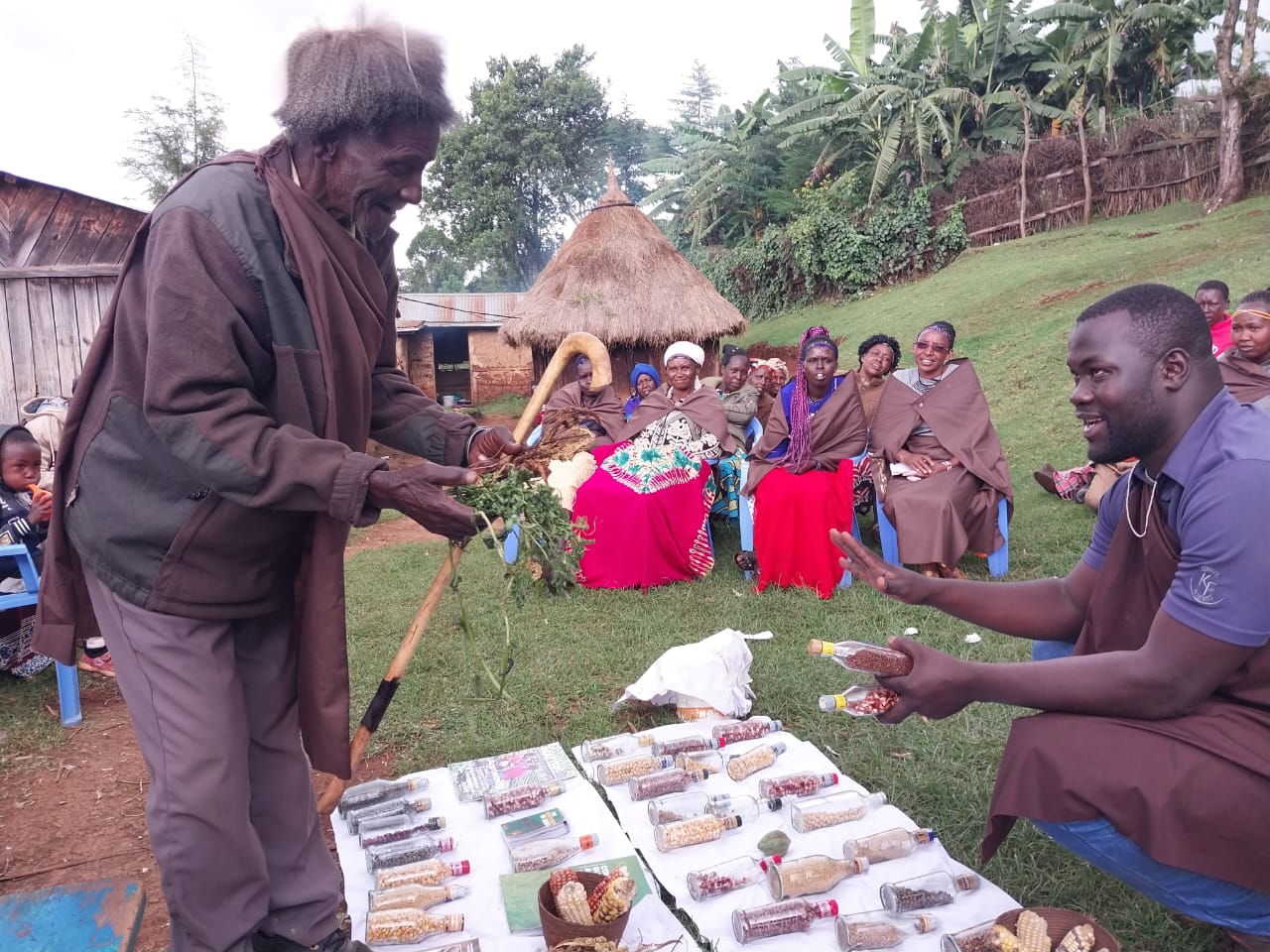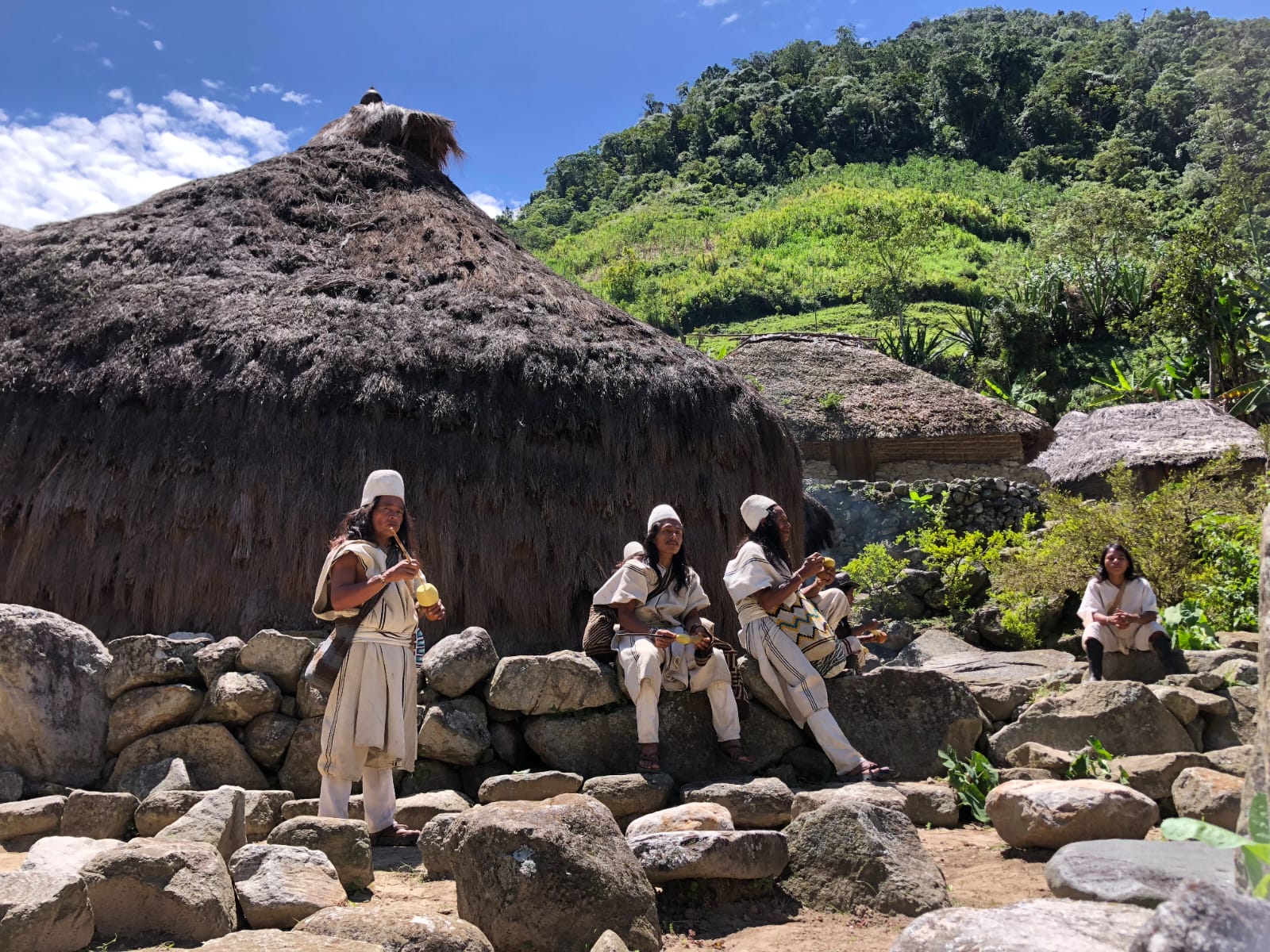This month’s Partner Highlight sheds light on Yayasan Anak Dusun Papua (YADUPA), an NGO committed to advocating for the rights of Indigenous peoples of West Papua, Indonesia.
West Papua is the western half of the Melanesian island New Guinea, administered by Indonesia. The customary owners of the land are the 4 million Indigenous inhabitants belonging to 253 tribes. The region is rich in biodiversity and has one of the world’s largest tropical forests. Papua’s rich nature has been the backbone of the Indigenous peoples for a long time, giving birth to the cultural diversity of the communities who depend on hunting, fishing, gathering, and small-scale farming for their livelihoods. The Indigenous Papuans view nature as a home where they live as well as a mother who takes care of them and fulfills their needs. At the same time, the region’s natural resources, such as reserves of oil, gas, copper, gold and silver, have attracted expeditioners, researchers, and investors for centuries.
After being colonized by the Dutch in 1872, the rule of West Papua was later violently taken over by the Indonesian dictator Suharto in 1963. Since the military invasion, the Indonesian government has been seeking to erase the Indigenous cultures – viewed as “backward and primitive” – by forcibly institutionalizing the dominant Javanese culture in the region. An extensive military and police network surveils and controls most aspects of Papuan life, and the education system makes it difficult for children to learn about their own culture and traditions. Most of the lands of the Indigenous Papuans have been seized by the government and corporations for their development interests. Expanding mining, logging, plantation, and road construction operations keep destroying biodiversity and Indigenous livelihoods without the free, prior, and informed consent of the affected peoples. Resistance is being silenced by violence.
YADUPA is one of the local NGOs that is devoted to fighting the repression and human rights violations of the Indigenous peoples of West Papua. In 2020, together with Land is Life, YADUPA launched an initiative called “Strengthening Papua Indigenous Peoples and Institutions to Protect their Lands, Natural Resources and Biodiversity” that takes place in Waropen and Yapen Regencies. The project aims at building the capacity of the Papuans to protect their territories and livelihoods, with a special focus on the younger generation who are threatened to lose their traditions due to state-led marginalization.
The Waropen Regency consists of three customary areas: the Waropen Ambumi, Waropen Ronari, and Waropen Kai. One of the Waropen Kai Indigenous communities, in the coastal village of Segha, is strongly committed to maintaining and preserving their customary area. The major threats to their territory that this fishing community has observed are the destruction of mangrove ecosystems, the use of bombs and poison to catch fish, as well as sea water intrusion. The fragile mangroves are crucially important breeding grounds and habitats for various types of fish, shrimp, shellfish, and crabs – thus providing for the livelihood of the villagers. They also protect the coastal community by working as natural sea walls.
Photo: A young man with his catch in the Segha village.
Together with YADUPA, the Segha villagers have made a series of joint efforts in planning a regional management system for the sustainable use of natural resources based on their customary values. Establishing an Indigenous and Community Conserved Area (ICCA) is one of the core instruments selected and agreed upon. The process began with a participatory mapping of customary areas involving all community members. The role of women was specifically important here, as they are the owners of most traditional knowledge related to the use of natural resources, and the ones passing it on to the next generations. Based on the mapping, the customary area was then divided into protected areas and managed areas, with the boundaries marked with sacred signs called sasi. The community jointly supervises the protection of their territory, and if a violation occurs, it will be brought to the customary justice system.
Photo: A mother showing a female crab in a protected breeding place in the Segha village.
Photo: Digitalizing the results of the participatory mapping process.
With their customs-based natural resources management system, the Segha people can now feel calmer about their future. Nevertheless, the role of the State remains critical in providing guarantees for the recognition and protection of the rights of the Indigenous peoples over their territories. Against this backdrop, YADUPA keeps pushing to empower the younger generations of Indigenous Papuans to stand up for their rights so that they’ll have better means to serve as future guardians of their lands, resources, cultures, and customs.

